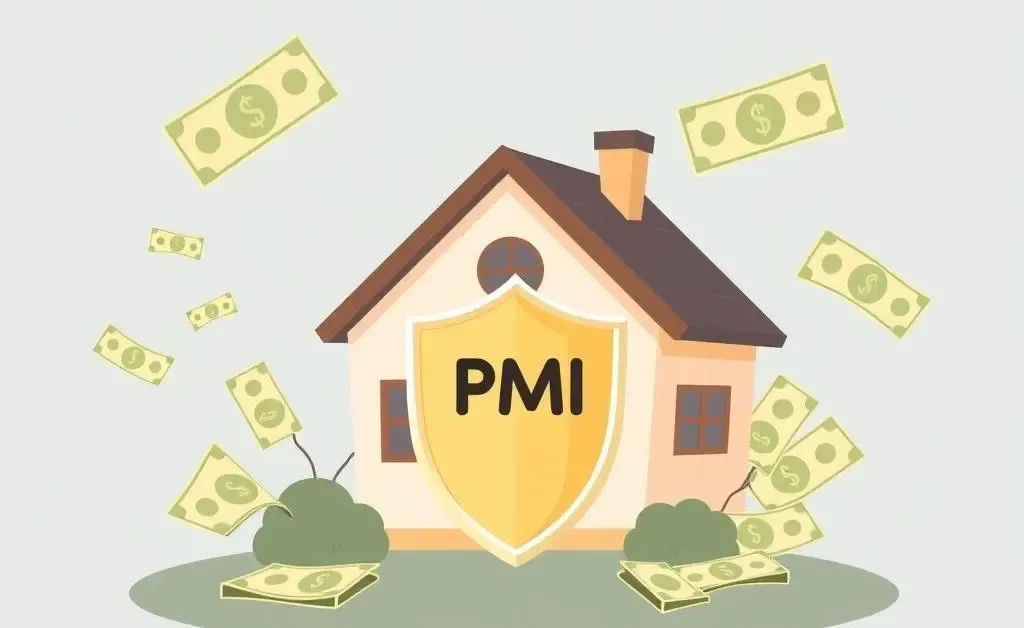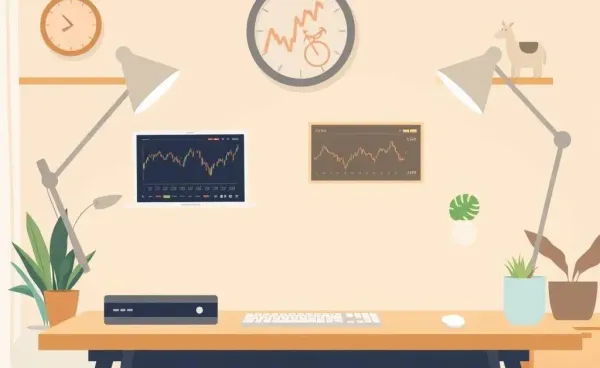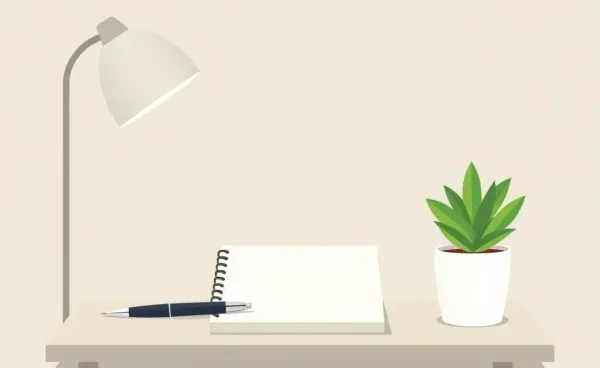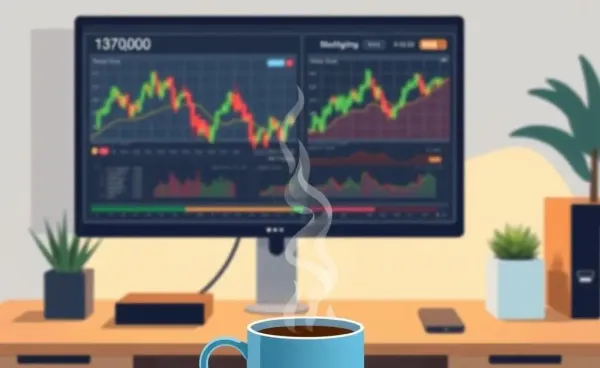Understanding PMI: How to Buy a Home Without the Extra Cost
Learn what PMI is, how it affects your mortgage payments, and discover strategies to avoid it.

Have you ever heard someone casually mention PMI while talking about buying a house and thought, what on earth is that? Don't worry—you're not alone. Understanding PMI, or Private Mortgage Insurance, can feel like deciphering a secret code in the world of home loans. But let’s simplify it together!
What is PMI and Why Does It Matter?
Private Mortgage Insurance is an insurance policy that protects lenders in case you default on your home loan. It doesn’t protect you, the borrower—it's all about the lender's risk. If you're putting down less than 20% on your home, PMI is often a requirement.
Why Should You Care?
Good question! PMI can add a noticeable chunk to your monthly mortgage bill, sometimes ranging from 0.5% to 1% of the entire loan amount per year. Over time, that can add up to a nice vacation—or three!
How Can You Avoid Paying PMI?
Avoiding PMI is usually ideal, but how do you make it happen? Here are some practical steps:
- Save for a Larger Down Payment: Aim for at least 20% so PMI won't even enter the conversation.
- Explore Loan Options: Some loan types like VA loans for veterans don't require PMI, even with lower down payments.
- Show Off That Credit Score: A high credit score can sometimes help you qualify for loans with better terms, potentially without PMI.
Consider my friend Lucas's experience. He spent a year working extra hours and cutting unnecessary expenses, all with the goal of bumping his down payment from 15% to 20%. It required a little sacrifice, like fewer nights out eating pizza, but now there's no PMI lurking in his monthly statement! Wouldn't that make your large pepperoni just a little bit more satisfying?
Can You Get Rid of PMI Once You Have It?
If you're already paying PMI, all is not lost! You can often request its cancellation once you've paid off 20% of your home's value or it’s appraised at a higher value due to improvements or market changes.
Thinking about making some renovations or planning to refinance? That could change the numbers and see PMI waving a swift goodbye.
The Bottom Line
Putting off PMI could mean a little more upfront effort but is often worth it in long-term savings. Whether you're planning to buy your first home or considering refinancing, knowing these strategies can help you save more for what truly matters—like finally getting that adorable backyard herb garden!
What steps have you found most effective in handling PMI, or do you have any tips for new homebuyers? I'd love to hear your thoughts and maybe share in the comments how you avoid unexpected expenses in your home-buying journey!




